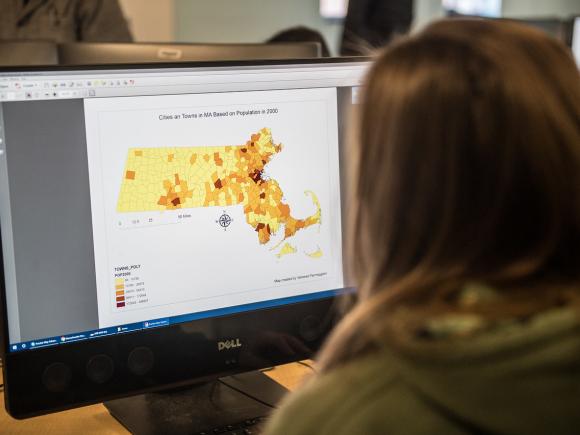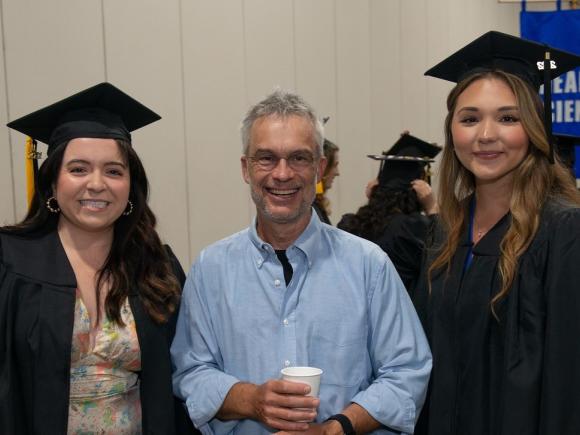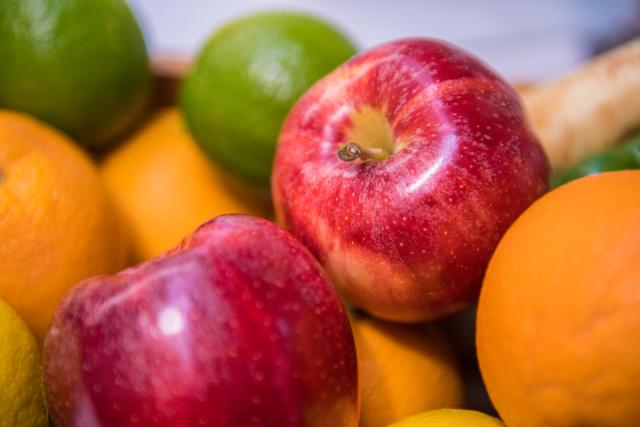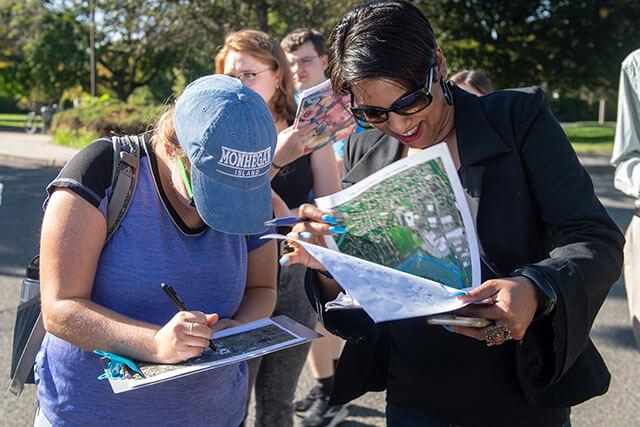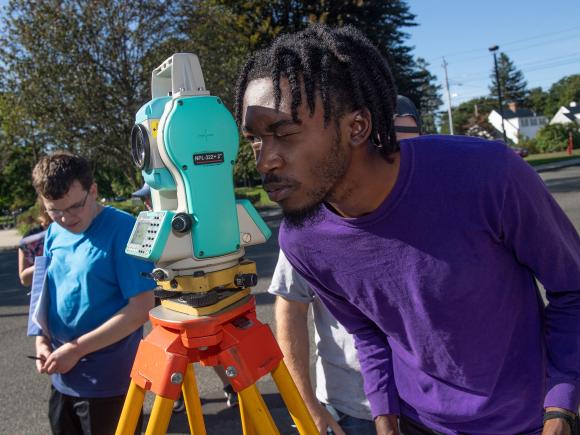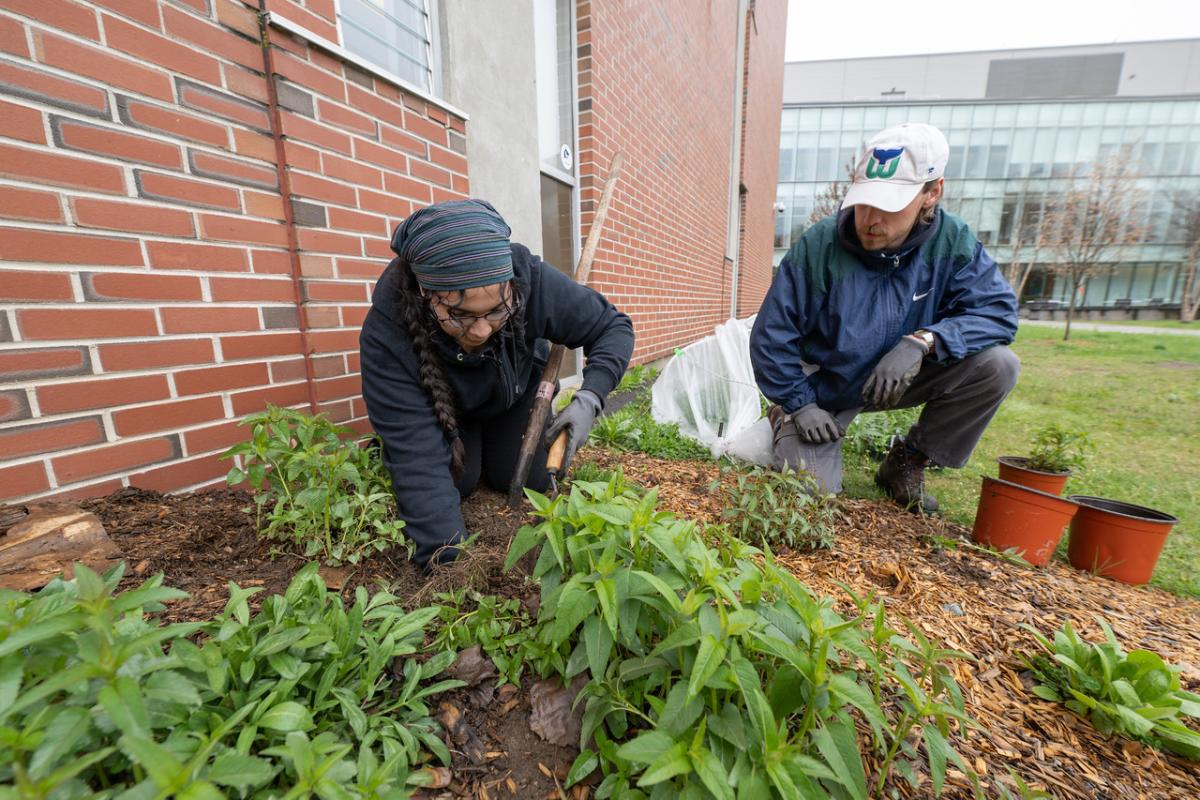
Are you passionate about creating a more just and sustainable food system? The Food Systems Concentration offers you the tools to critically explore how food is grown, processed, distributed, and consumed—and how these processes are shaped by social, political, economic, and environmental factors. You’ll dive into topics like community planning, land use, sustainability, and the geography of food insecurity while gaining a deeper understanding of how issues like race, class, and gender intersect with food access and equity. Through hands-on coursework, fieldwork, and internships, you’ll be prepared to develop strategies that make meaningful changes in food systems at the local, regional, and global levels. Whether you’re interested in urban agriculture, food justice advocacy, sustainable agriculture, or international food security, this concentration opens doors to careers in nonprofits, government agencies, and the private sector. If you’re ready to take on one of the most pressing challenges of our time, the Food Systems Concentration is a powerful place to start.

